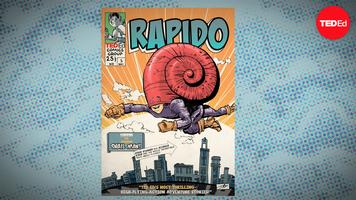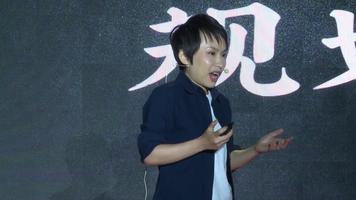Joy Lin: If superpowers were real: Super strength
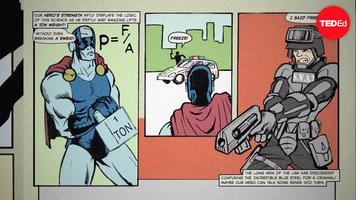
What if super strength wasn't just the stuff of epic comic book stories? Is it scientifically possible to be super strong? In this series, Joy Lin tackles six superpowers and reveals just how scientifically realistic they can be to us mere mortals. [Directed by Cognitive Media, narrated by James Arnold Taylor].
Joy Lin: If superpowers were real: Body mass
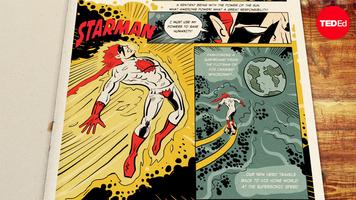
What if manipulating body mass wasn't just the stuff of epic comic book stories? Is it scientifically possible to manipulate your body mass? In this series Joy Lin tackles six superpowers and reveals just how scientifically realistic they can be to us mere mortals. [Directed by Cognitive Media, narrated by James Arnold Taylor].
Joy Lin: If superpowers were real: Flight
Joy Lin: If superpowers were real: Invisibility
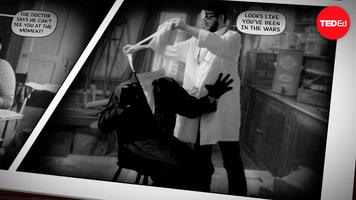
What if invisibility wasn't just the stuff of epic comic book stories? Is it scientifically possible to be invisible? In this series Joy Lin tackles six superpowers and reveals just how scientifically realistic they can be to us mere mortals. [Directed by Cognitive Media, narrated by James Arnold Taylor].
Joy Lin: If superpowers were real: Immortality

What if immortality wasn't just the stuff of epic comic book stories? Is it scientifically possible to be immortal? In this series Joy Lin tackles six superpowers and reveals just how scientifically realistic they can be to us mere mortals. [Directed by Cognitive Media, narrated by James Arnold Taylor].
Joy Lin: If superpowers were real: Super speed
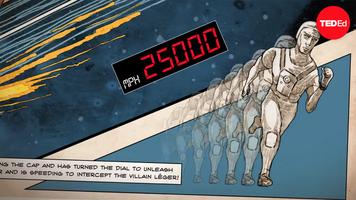
What if super speed wasn't just the stuff of epic comic book stories? Is it scientifically possible to be super speed? In this series Joy Lin tackles six superpowers and reveals just how scientifically realistic they can be to us mere mortals. [Directed by Cognitive Media, narrated by James Arnold Taylor].
Congrui Jin: What if cracks in concrete could fix themselves?
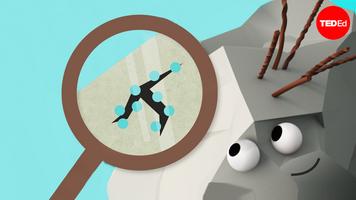
Concrete is the most widely used construction material in the world. It can be found in swathes of city pavements, bridges that span vast rivers and the tallest skyscrapers on earth. But it does have a weakness: it's prone to catastrophic cracking that has immense financial and environmental impact. What if we could avoid that problem? Congrui J...
Keyu Jin: What the world can learn from China's innovation playbook
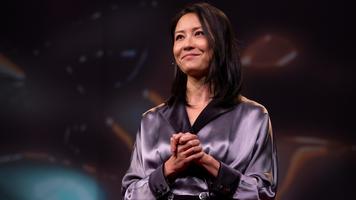
In the last few decades, China has gone from technological scarcity to abundance. What sparked this shift? Economist Keyu Jin explores how China has fostered a model of innovation unlike any other and shows why understanding its competitive, collaborative approach could benefit the world -- and perhaps demystify some contradictions.
Sarah Stroud: Ethical dilemma: Would you lie?
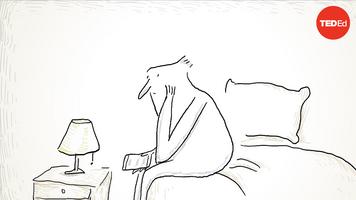
Your plan to set up your friend Carey with your acquaintance Emerson is finally coming together. You've made them a dinner reservation, but suddenly realize that there's a problem: Carey is always late. You really want this relationship to work— what if you told Carey dinner was at 6 instead of 6:30, so they arrived on time? Is it okay to lie? S...
John Biewen: The lie that invented racism
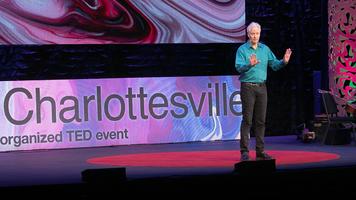
To understand and eradicate racist thinking, start at the beginning. That's what journalist and documentarian John Biewen did, leading to a trove of surprising and thought-provoking information on the "origins" of race. He shares his findings, supplying answers to fundamental questions about racism -- and lays out an exemplary path for practicin...
Noah Zandan: The language of lying
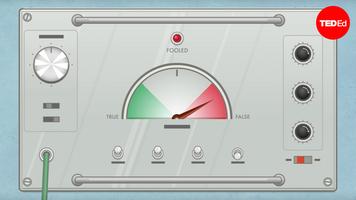
We hear anywhere from 10 to 200 lies a day. And although we've spent much of our history coming up with ways to detect these lies by tracking physiological changes in their tellers, these methods have proved unreliable. Is there a more direct approach? Noah Zandan uses some famous examples of lying to illustrate how we might use communications s...
Tasos Frantzolas: Everything you hear on film is a lie
Karen L. Cox: Debunking the myth of the Lost Cause: A lie embedded in American history
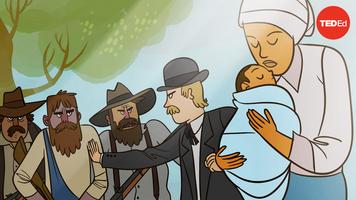
In the 1860's, 11 southern states withdrew from the United States and formed the Confederacy. They seceded in response to the growing movement for the nationwide abolition of slavery. Yet barely a year after the Civil War ended, southern sources began claiming the conflict was about state's rights. How did this revisionist history come about? Ka...
Zhi jie Lin: Hometown is a bowl of rice noodles
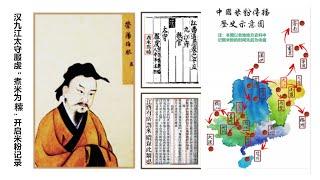
Taking the history of Guilin rice noodles as an entry point, the author starts a special study on the history of rice noodles, a local snack in China. Rice noodles are popular in southern China, but no one had thought to investigate the origins of the delicacy before. It turns out that rice noodles originated from...
Jie Lin: 兴趣多动症患者自救指南
Zhi jie Lin: Everyone can be a citizen scientist
Joy Lin: Using Hollywood to get Kids Interested in Science

Flying through the sky... shaking buildings... being invisible... insane super powers possessed by many leading superheroes. Joy Lin, an award-winning educator in Austin, Texas and TED-Ed contributor, began thinking: Could we use superheroes featured in some of today's most popular comics and animated movies to get our kids more interested in sc...
Gia Linh Trinh: How Excellence Morphs Our World

Linh wants to inform the audience about the need to excel in our world. She wants to convince the audience how it is necessary to try and improve in different areas of learning or just yourself generally. Linh intends to share the idea that you should push yourself to push yourself. She wants to explain how it is critical to shine. Linh wants ev...
叶茹琳 Yap Jo Leen: 槟城眼镜食叶猴保育计划 The Langur Monkey's Cradle

比起黑猩猩与人猿,人们对同为濒危灵长动物的眼镜食叶猴的关注非常有限,自然也不了解食叶猴正因人类非法喂养与栖息地被瓜分,其生存形态遭破坏。身为食叶猴保育计划主持人的叶茹琳,为了保育食叶猴,除了到森林实地考察外,也策划户外导览,让民众认识食叶猴也教育群众,人类与动物共存的重要性。 Compared to chimpanzees and orangutans, white-eyed langurs are a much lesser known species of endangered primates, consequently most people do not understand that white-eyed langurs' natural habitat has been...
Lina Hinestroza, Jua Luis Giraldo: Esperanza de vida
